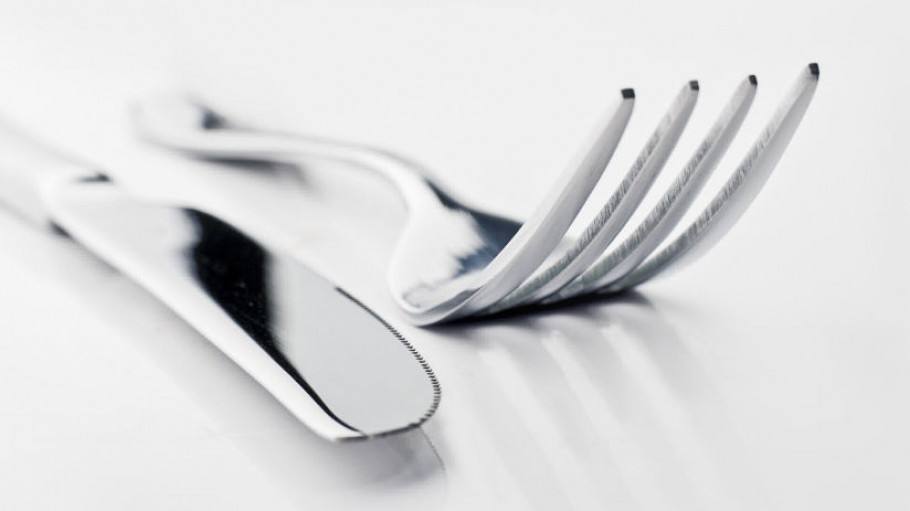
Press releases » Provisional anti-dumping duties on India and Indonesia stainless steel imports an important first step, says EUROFER
Provisional anti-dumping duties on India and Indonesia stainless steel imports an important first step, says EUROFER
Recent updates

Brussels, 28 May 2021 – The European Commission has today published provisional anti-dumping duties on imports of Stainless Steel Cold-Rolled flat products (SSCR) originating in India and Indonesia (Regulation 2021/854). The European Steel Association (EUROFER) greeted the measure as an important first move given the long-term implications of the unfair imports of these products on the EU market.
“We welcome that the European Commission has confirmed imports of stainless steel from India and Indonesia were sold at dumped prices and caused significant injury to the EU stainless steel industry[1]”, said Axel Eggert, Director General of EUROFER.
The Commission has imposed provisional anti-dumping duty rates ranging from 13.6% to 34.6% on SSCR imports from India, and from 19.9% to 20.2% on imports from Indonesia. The investigation leading up to these provisional measures was initiated on 30 September 2020 following a complaint submitted by EUROFER.
Mr Eggert added, “These provisional anti-dumping duties are an important first step in rolling back the effects of dumping of stainless steel on the EU market. We also expect anti-subsidy measures to eventually come into play”.
Since 17 February 2021, the European Commission has been conducting an anti-subsidy investigation against SSCR imports from India and Indonesia and the provisional results should be made known at the end of 2021.
Producers in both countries now subject to measures have been benefiting from major distortions in the cost of the raw material inputs to their stainless steel production. These distorted raw material costs are the result of measures implemented by their respective governments to unfairly support their export-oriented industries.
“The impact of these already major raw material distortions is expected to become even more acute in the coming years”, emphasised Mr Eggert.
“It is essential that the European Commission addresses to the fullest extent both dumped and subsidised exports of SSCR from India and Indonesia” concluded Mr Eggert. “The Commission must remain vigilant with regard to any attempts by Indian and Indonesian exporters to circumvent or absorb these measures”.
Footnote [1]
The Commission investigation confirmed that dumped imports from India and Indonesia increased by more than 50% in the period considered and their market share almost doubled. Imports from the two countries undercut EU producers’ sale prices up to 13.4%, while the underselling was higher, exceeding 23% up to 34.6%.
About stainless steel
Stainless steel cold-rolled flat (SSCR) products are used by a variety of consumer industries, and in a wide range of final applications where resistance to both atmospheric and chemical corrosion is necessary, and where hygiene and surface aesthetic characteristics (brilliance, surface coating and/or decoration) may also be essential. SSCR market and applications are highly diversified, justifying a broad definition of the product, covering most applications.
Examples of SSCR products’ uses include:
Contact
Charles de Lusignan, Spokesperson and Head of Communications, +32 2 738 79 35, (charles@eurofer.be)
About the European Steel Association (EUROFER)
EUROFER AISBL is located in Brussels and was founded in 1976. It represents the entirety of steel production in the European Union. EUROFER members are steel companies and national steel federations throughout the EU. The major steel companies and national steel federations in Switzerland and Turkey are associate members.
The European Steel Association is recorded in the EU transparency register: 93038071152-83.
About the European steel industry
The European steel industry is a world leader in innovation and environmental sustainability. It has a turnover of around €170 billion and directly employs 330,000 highly-skilled people, producing on average 160 million tonnes of steel per year. More than 500 steel production sites across 22 EU Member States provide direct and indirect employment to millions more European citizens. Closely integrated with Europe’s manufacturing and construction industries, steel is the backbone for development, growth and employment in Europe.
Steel is the most versatile industrial material in the world. The thousands of different grades and types of steel developed by the industry make the modern world possible. Steel is 100% recyclable and therefore is a fundamental part of the circular economy. As a basic engineering material, steel is also an essential factor in the development and deployment of innovative, CO2-mitigating technologies, improving resource efficiency and fostering sustainable development in Europe.
How global overcapacity is destroying European industries
European Steel in Figures 2025 is EUROFER's statistical handbook, laying out in an easy-to-use format the key statistics and data about the performance and footprint of one of Europe's most important strategic sectors
A snapshot of Europe’s steel industry in motion, with EUROFER at the forefront in a time of policy shifts and global uncertainty